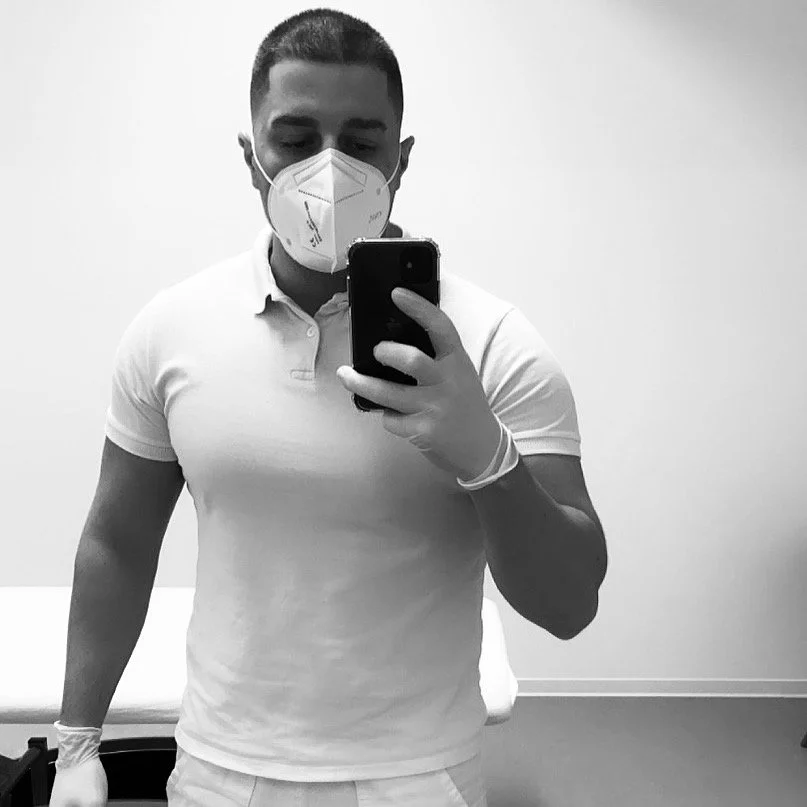3 Things I have learned from neurosurgeons in Spain
Most of my clients and friends know me as the strength coach in joggers, the guy who lives in the gym. But very few know I spent a significant part of my career in scrubs, working in hospitals and private healthcare. In the middle of my physiotherapy career, I spent over three months on the sunny Costa del Sol. There, I worked with top neurosurgeons, chiropractors, and osteopaths in Europe. Among them were former rehab specialists for the Real Madrid soccer team and one of the most sought-after neurosurgeons in the Middle East. Here are three invaluable lessons I learned from this experience.
1. Don’t Get Paid Per Hour, Get Paid for the Result
One mentor was a former rehabilitation specialist and osteopath for Real Madrid. He worked between Málaga and Marbella and was always on call. Athletes, celebrities, and politicians sought his services. His exceptional skill in osteopathy made him a go-to expert, and he was in constant demand. The average treatment time was just 15 minutes, yet he charged 800 euros per appointment. I witnessed him many times fixing people who were in unbearable pain and unable to walk, all within a matter of minutes. Every movement he made was executed with maximal precision, showcasing his expertise and dedication to achieving results quickly and effectively.
This experience taught me an invaluable lesson: don’t get paid by the hour, get paid for the results you deliver. Time is money, and you need to be able to bring results now. Yesterday was already too late. When you master your craft and deliver exceptional outcomes, people will recognize your value and be willing to pay for it.
2. You Are Your Neurochemistry
Your brain and nervous system are the body's command center, but most people don’t know how they work or how to harness their power. Your nervous system and neurotransmitter profile are the foundation of your physical and mental prowess, shaped by your genes and life experiences. Neurotransmitters like Dopamine, Acetylcholine, GABA, and Serotonin control your focus, drive, mood, and muscle coordination. Your neurotransmitter mix is unique, like your DNA. This blend of brain chemistry determines your drive, mood, mental sharpness, memory, concentration, and physical prowess.
Understanding your neurotransmitter profile is like having a VIP pass to your own concert. It lets you fine-tune your lifestyle, nutrition, and training to match your brain’s needs. With this knowledge, you can optimize your performance, whether in the gym or in life.
3. The Best Thing You Can Do for Your Back is to Move
Your spine isn’t a rigid stick—it’s a dynamic structure with 33 bones and 24 joints. Movement isn’t just beneficial for spinal health; it’s essential. It boosts synovial fluid production, lubricates the joints, and enhances blood flow to surrounding tissues. One of the best ways to achieve good spinal mobility and a healthy back is through daily controlled articular rotations (CARs), a system I learned from the founder of the Functional Range System (FRS), Dr. Andre Spina.
Think about the stiffness in your knees or hips after a long flight. Once you stand up, walk around, and stretch, you feel relief. The same logic applies to your back. The solution to a stiff back is simple: move it. Ensure each joint maintains its range of motion to banish stiffness and promote overall spinal health. Don’t treat your spine like a static object. Embrace its dynamic nature, and give it the movement it needs to thrive.

